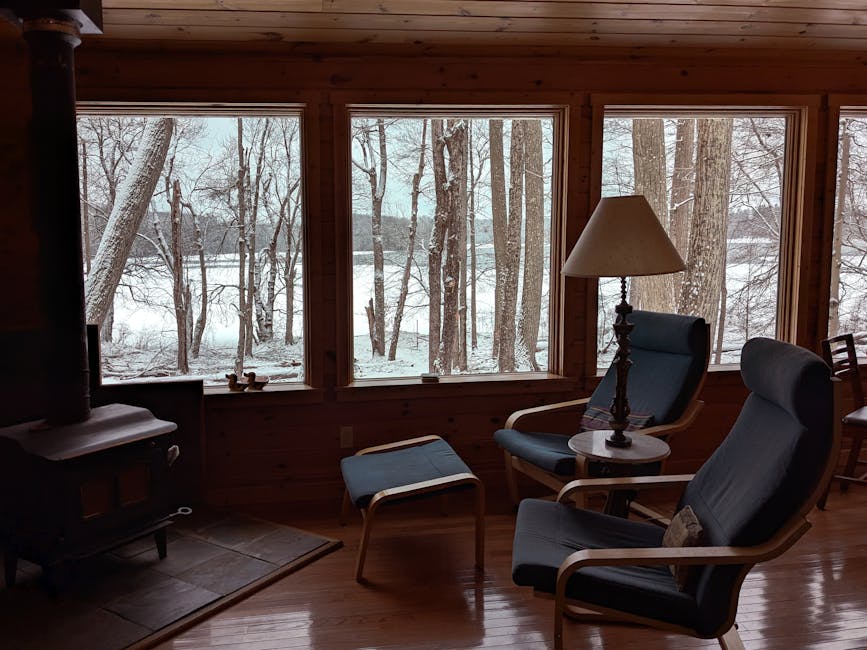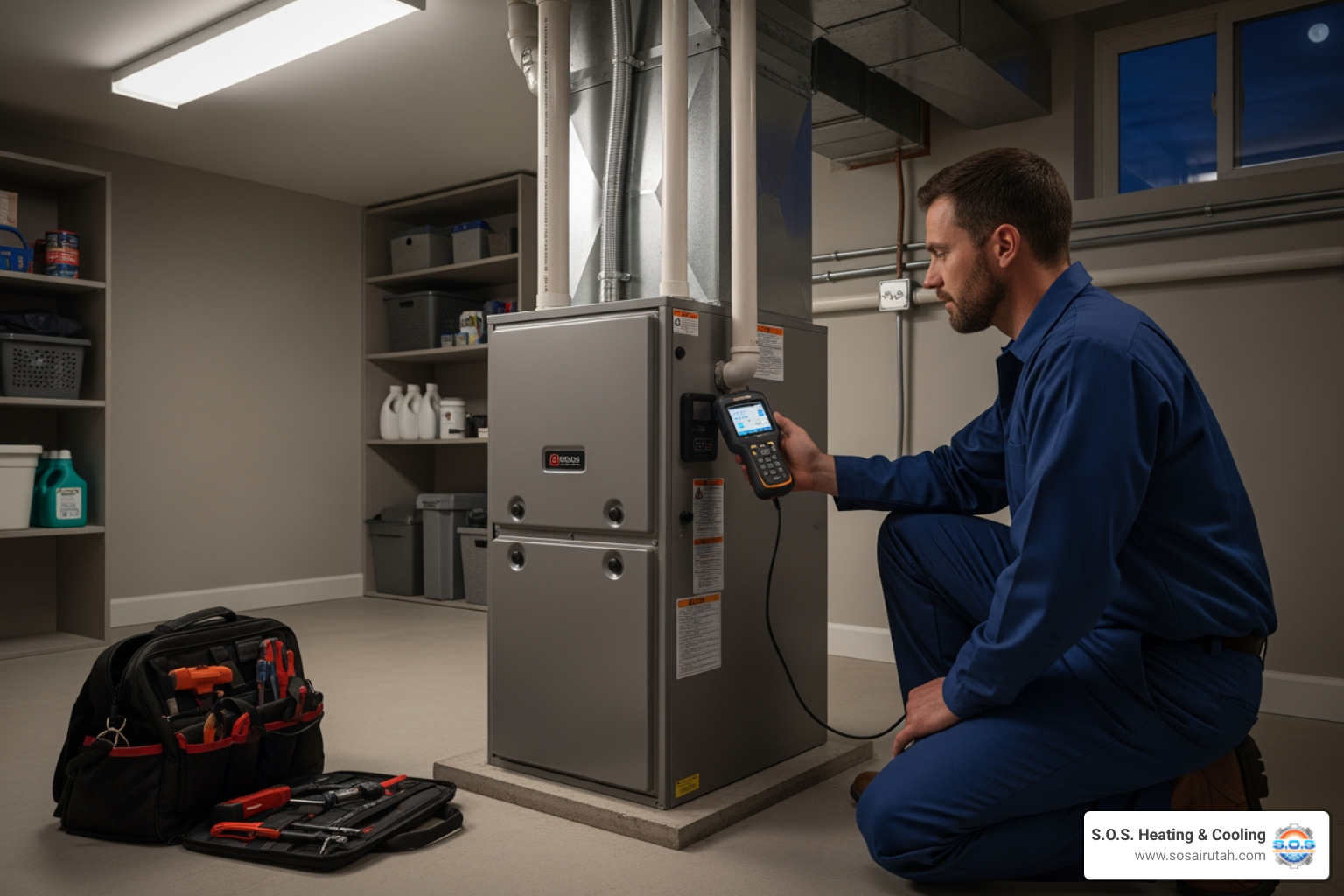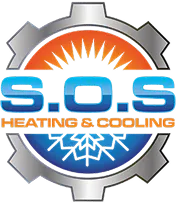
Air conditioning is a big part of staying comfortable during summer in Holladay. When it works the way it should, your home stays cool, indoor humidity stays in check, and the system runs without too much noise or mess. But when something goes wrong, like a clogged drain line, it can cause much bigger problems than most homeowners expect.
Drain line clogs may seem small, but they can lead to messy leaks, bad smells, and even AC shutdowns. Many homeowners in Holladay don’t realize how important that little pipe is until the water starts pooling around their indoor unit or the cooling performance slips. That’s why understanding how drain lines work and knowing what causes clogs in the first place can help keep your system running better, longer.
How AC Drain Lines Work
The cooling process naturally creates moisture. As warm air passes over your inside AC coil (also called the evaporator coil), that air gets cooled down and the humidity in it condenses into water. That water needs to go somewhere, and that’s where the AC drain line comes in. It funnels the condensation safely out of your home, usually to a floor drain, plumbing connection, or outside near the foundation.
When that drain line is working properly, the moisture buildup from your AC is quietly removed without you ever noticing. But if the pipe gets blocked, the water has nowhere to go. That’s when you might see puddles around your indoor unit or even water damage on your ceiling or floors, depending on where your system is located. In some setups, a clogged line can even trip a float switch and shut off the entire unit to prevent overflow.
One way to think about it is like a sink trap that slowly fills with all the grime from the water passing through. Over time, without cleaning, backups happen. A clogged AC drain line works the same way except instead of food or soap, you’re dealing with moisture, algae, dust, and more.
Common Causes of AC Drain Line Clogs
There are several reasons why an AC drain line might get clogged. In a place like Holladay, where summer usage is steady, these problems tend to build quietly until they result in a visible issue. Here are the most common causes homeowners face:
- Dust and Dirt: Any dust that gets into your system can mix with condensation and form a thick sludge inside the drain pipe. This build-up reduces the pipe’s ability to move water properly.
- Algae and Mold: Damp, dark drain lines are a perfect place for algae or mold to grow, especially if the system hasn't been cleaned regularly. This growth can create soft blockages that slowly get worse.
- Improper Installation: If the drain line doesn’t have the correct slope, water won’t flow out as it should. That lets moisture sit too long inside the pipe and encourages buildup.
- Bugs or Nests: Drain lines that empty outside can become entry points for insects or even small rodents. They might build nests near or inside the opening or fall inside and create physical obstructions.
Once a clog forms, it rarely clears on its own. Even if water does start to drain after a while, the buildup is still there, and another backup is likely to happen again soon. Regular inspection from trained professionals can help catch these issues early and prevent long-term damage.
Signs Your AC Drain Line Is Clogged
A clogged drain line doesn’t always show itself right away. Sometimes, by the time you notice a problem, water has already started pooling or the AC isn’t working like it should. Knowing what to look for can help you react faster and prevent a bigger issue.
Some of the most common signs you might see include:
- Water leaking around the indoor unit: You may notice puddles around the base or water spots on nearby walls or ceilings.
- Unusually high indoor humidity: If your home feels sticky or muggy even when the AC is running, it could be because the moisture isn’t draining properly.
- Musty or sour smells: A clogged drain line can cause standing water that starts to grow mildew or bacteria, leading to foul smells when the system turns on.
- AC stops cooling or shuts down: Some systems have safety switches that power off the unit when they detect a clog or overflow risk.
If any of these signs show up in your Holladay home, it’s smart to get help right away. Ignoring them can lead to water damage, mold, and even higher repair costs. For example, a clogged drain line in a second-floor attic system might leak down into your drywall or flooring if left unchecked. That’s a much bigger fix than clearing out a pipe.
Preventive Measures and Long-Term Solutions
The best way to deal with drain line clogs is to avoid them altogether. Preventive care adds up to fewer surprises and keeps your AC working during the hottest months when you rely on it most.
Here are some smart steps that help reduce clog risks:
1. Schedule professional maintenance once or twice a year. Routine inspections allow our technicians to spot clog-prone conditions and flush the drain line before buildup starts.
2. Make sure your AC system is installed with the right slope for proper drainage. If the line isn’t angled to let gravity do its job, problems will repeat.
3. Use a secondary safety option like a float switch. This shuts the system off if the water backs up and helps avoid water damage before it begins.
4. Keep vents and filters clean. When filters get dirty, dust and debris can travel into the system and work their way toward the drain.
5. Ask about extra protection, such as adding a drain pan under the unit, especially in attics or other areas where water leaks can cause serious damage.
Routine care not only helps prevent clogs but also extends the lifespan of your AC system. If professionals regularly clean your system and check moisture removal, you’ll deal with fewer disruptions over summer in Holladay.
Keeping Your AC Running Smoothly in Holladay
Clogged drain lines may seem like a small issue at first, but they can quickly grow into messy, expensive problems. Aside from harming your AC system, standing water from a clog can encourage mold growth and structural damage in your home. The good news is, most of these issues start small and are easy to prevent if caught early.
With regular maintenance, a working float switch, and timely cleaning, your AC will be better equipped to handle the workload during the summer months in Holladay. Homeowners who stay ahead of drain line problems tend to enjoy more consistent cooling and fewer mid-season breakdowns. When issues do show up, getting help from trained professionals keeps your system on track and helps avoid costly repairs later.
Staying ahead of AC drain line clogs matters, especially during Holladay’s hot summer days. A small inspection today can make a big difference in avoiding headaches down the line.
If you've been noticing issues such as water leakage or your AC not cooling as it should in your Holladay home, it may be time to address them before they turn into bigger problems. S.O.S. Heating & Cooling understands the challenges homeowners face and offers reliable solutions to help maintain your comfort. Learn more about AC repair in Holladay to keep your system running smoothly. For a quick estimate or to book a service visit, please contact us today.
Explore Our Latest Insights and Updates in Plumbing Services

The Farmington Homeowner's Handbook to Furnace Maintenance

What are the top-rated companies for furnace replacement near me in South Jordan?

Rapid Relief: Emergency & Same-Day Furnace Maintenance in South Jordan






.avif)